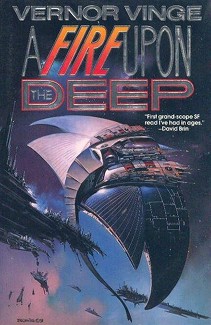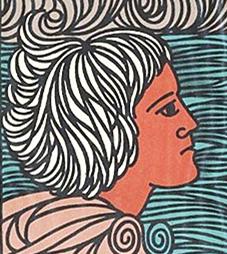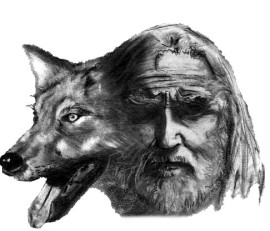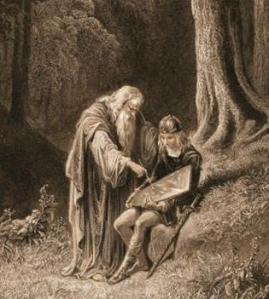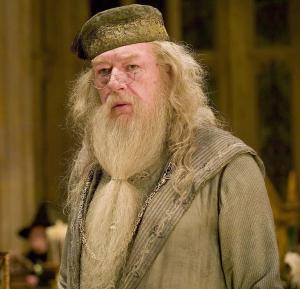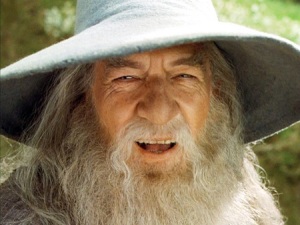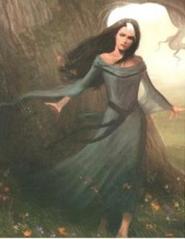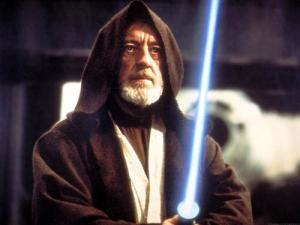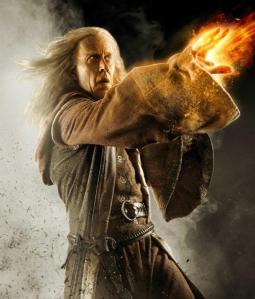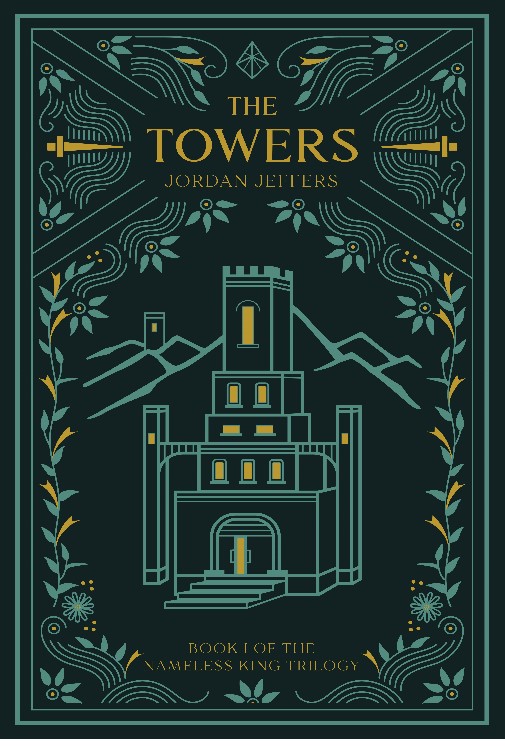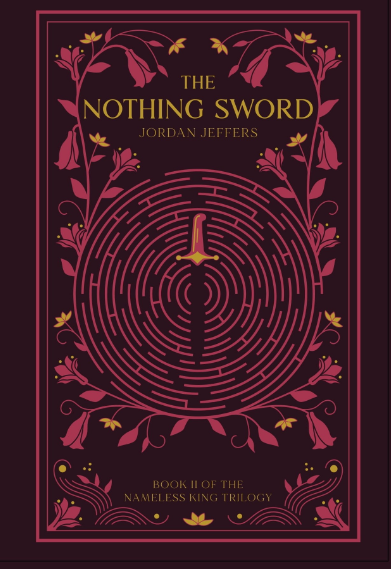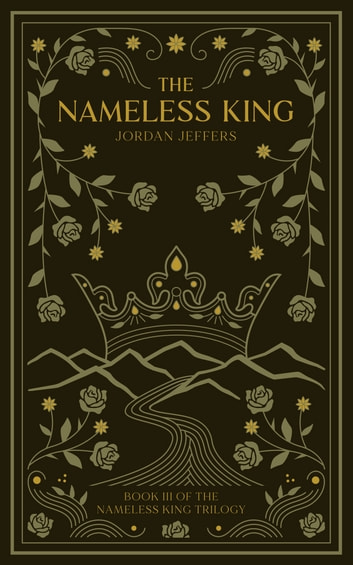Book review in one tweet
A vengeful AI in a human body stalks the ruler of the galaxy and gets sort of confused about gender, life, and self. Also, she sings a lot.
Favorite quote
Thoughts are ephemeral, they evaporate in the moment they occur, unless they are given action and material form. Wishes and intentions, the same. Meaningless, unless they impel you to one choice or another, some deed or course of action, however insignificant. Thoughts that lead to action can be dangerous. Thoughts that do not, mean less than nothing.
Review
I'm having trouble deciding what to talk about here, and I suspect this is mostly because the book itself has a hard time deciding what it's trying to say. (And possibly because I'm devoting approximately 90% of my brain power to getting ready for baseball season. And by "getting ready" I mean "buying beer"). It's not so much that the book is unclear, but rather that it says so many different things, it's difficult to know which thread to follow. There are at least three major themes:
Theme 1 - The social construction of gender
Breq, the main character, is an artificial intelligence stuck in a human body, and "she" has a difficult time understanding gender, mostly because the social indicators of gender--clothing, hair length, patterns of movement, demeanor, etc--change so frequently from planet to planet and culture to culture. As a result, Breq refers to everyone as "she" in her internal dialogue, even when you as a reader know that the character is male. It's a choice that will probably seem like a gimmick to some people, but eventually it ceases to matter. I stopped trying to figure out who was who fairly quickly, mostly because I was too lazy to actually reread sections hunting for clues. But also because it ended up not really making much of a difference.
Theme 2 - The multiplicity of self
As the story progresses, you find out that Breq was once a massive warship named Justice of Toren, used by an empire known as the Radch to conquer most of humanity. Her main weapon is actually not really a weapon at all, but an army of walking human corpses or "ancillaries" that are essentially extensions of Justice of Toren's consciousness. She controls all of their actions, sees everything they see, and generally kills a lot of people with them. She is them, in other words, and they are her. They make up her sense of self. This is probably the most creative thing about the book, since it allows for multiple points of view while still using the first person.
It also allows Leckie to think through the different ways that we often feel at war with ourselves, the conflicting feelings and motivations that drive our actions. This point is laid on a little thick at times, but it was still the most interesting part of the book for me.
Theme 3 - The illusion of free will
There's a constant tension in the book about whether individual actions have any meaning and, indeed, whether in a universe of such complexity and size, we are even in control of our own actions. Perhaps everything we have ever done was already determined from the moment the universe was created, our brains are no different than machines, free will is simply an illusion, etc -- all of that fun Intro to Philosophy stuff that annoys some people (like my wife) and fascinates others (like me). Breq, of course, is an artificial intelligence, programmed to obey, and thus seemingly without free will. And yet, she often seems to have more free will than of any of the humans, or at least as much as them.
There are some smaller ideas floating around the book as well, but these are the main ones. I was hoping that all of this stuff would come together by the end, but most of the threads were left hanging loose. Raising important questions is always a good idea, and Leckie does that in spades (or in hearts or clovers or diamonds, whichever suit you prefer). But all of the questions have been asked by science fiction novels before, (See also: The Left Hand of Darkness, or Dr. Jekyll and Mr. Hyde) and I tend to prefer books that offer answers to the questions they raise, even if I end up disagreeing with that answer.
Instead, we get a sort of science fiction equivalent of a Chili's appetizer platter. Not something you're going to rave to your friends about when you leave, but still pretty freaking delicious.
Nerd rating
7 wizard staffs (out of 10)
I feel like I've said a lot of negative things, here, but the book is engaging and suspenseful, and there are plenty of fun creatures and fantastic landscapes. If you're looking for something solidly sci-fi, this is an excellent choice, and a pretty fast read once you're through the first couple chapters.
Non-nerd rating
3 cold, frosty beers (out of 10)
The world Leckie creates is complicated, and there is a lot of information thrown at you that doesn't always get explained until fifty pages later, or sometimes not at all. There's a decent amount of fighting and a hint of a love story, but the gender terminology make that love story difficult to follow or understand. I'd recommend staying away from this one if you are new to the genre.
All book reviews are posted first on my Goodreads page, for those of you who are a part of that particular electronic social club. They all trickle over to this blog eventually.
